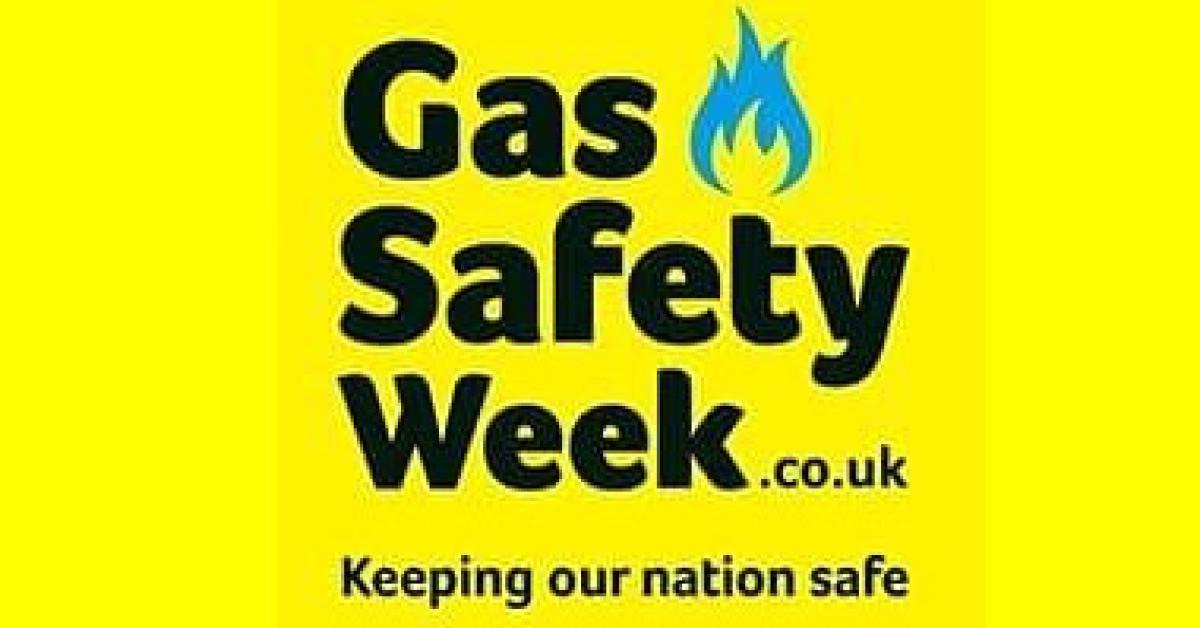

Gas Safety Week 2020: What landlords need to know
The week of the 14th-20th September is the tenth Gas Safety Week, an annual week coordinated by the Gas Safe Register, with landlords being reminded of their gas safety obligations.
Landlords are responsible for making sure all gas appliances, including the installation of pipe or flues, are maintained in a safe condition throughout the entire time the property is occupied.
Landlords of rented residential accommodation must have an annual gas safety check carried out on gas appliances which they provide (and all related gas flues). This work must be performed by a Gas Safe Registered Engineer, and once the check has been performed the landlord will receive a copy of the Gas Safety Certificate (or CP12 as it is often referred to) from the engineer.
Gas safety and your responsibilities as a landlord
The NRLA has plenty useful resources for landlords to learn more about their gas safety responsibilities. This includes a detailed guide for members.
On Thursday 24th September 2020 the NRLA will also be running a classroom course on Utilities in Sale, Greater Manchester, covering gas safety. Our eLearning courses, Landlords Fundamentals and Property Standards also touch upon landlords' gas safety responsibilities.
As part of the awareness week, Gas Safety Register has also published the following ten top tips to keep in mind when it comes to gas safety.
- Only use a Gas Safe registered engineer to fit, fix and service your appliances. You can find and check an engineer at GasSafeRegister.co.uk or call 0800 408 5500.
- Check both sides of your engineer’s Gas Safe Register ID card. Make sure they are qualified for the work you need doing. You can find this information on the back of the card.
- Have all your gas appliances regularly serviced and safety checked every year. If you rent your home ask for a copy of the landlord’s current Gas Safety Record.
- Know the six signs of carbon monoxide (CO) poisoning – headaches, dizziness, breathlessness, nausea, collapse and loss of consciousness. Unsafe gas appliances can put you at risk of CO poisoning, gas leaks, fires and explosions.
- Check gas appliances for warning signs that they are not working properly e.g. lazy yellow flames instead of crisp blue ones, black marks or stains on or around the appliance and too much condensation in the room.
- Fit an audible carbon monoxide alarm. This will alert you if there is carbon monoxide in your home.
- Keep vents and chimneys clear. Make sure you don't block any vents, as they are vital to ensure gas appliances burn properly, and chimneys need to be cleaned and checked regularly.
- Use gas appliances only for their intended purpose. Don't be tempted to use them for something they weren't meant for (e.g using a gas cooker to heat a room).
- Know the emergency procedure. If you smell gas or suspect immediate danger, make sure you familiarise yourself with the emergency procedure and contact the relevant number for your UK region.
- Spread the word. Share vital gas safety information with friends, family and neighbours to make sure your community stays safe.
To learn more about Gas Safety Week, visit the Gas Safety Week website where you can pledge your support, get campaign materials, and benefit from lots of other free advice.
Keep up to date with Gas Safe Register’s advice throughout the week by following @GasSafeRegister on Facebook, Twitter, and Instagram and search #GSW20.

